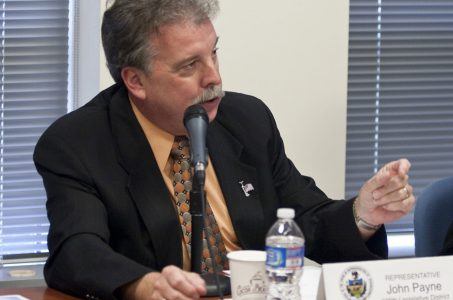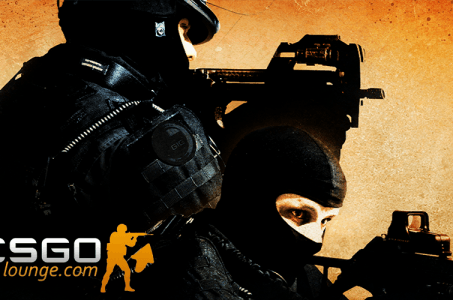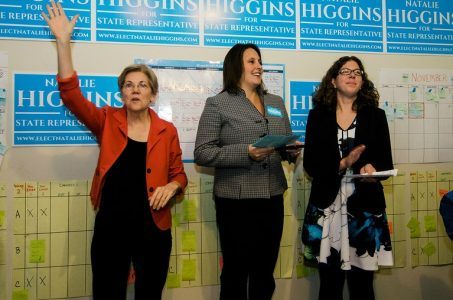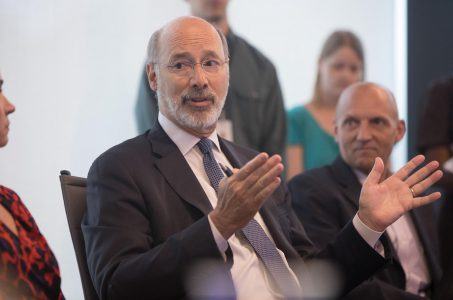Fraternal Order of Police Declares Opposition to Online Gambling Ban
Posted on: April 2, 2014, 05:30h.
Last updated on: April 1, 2014, 06:47h.

If there’s one group of citizens you’d expect to be in favor of law and order, it would have to be police officers. That’s why it may surprise some to hear that the Fraternal Order of Police (FOP) has come out on the side of regulated online gambling for American Internet players. But that was exactly what FOP National President Chuck Canterbury made clear in a letter he wrote that was published recently in The Hill, a publication specializing in current Congressional issues.
“The first question we ask when evaluating any piece of legislation is: will this make our citizens and officers safer? And the answer to this in regards to a nationwide ban on all online gaming is an unequivocal no,” Canterbury wrote in the letter.
Canterbury is referring to two nearly identical bills introduced by Senator Lindsey Graham (R-SC) and Representative Jason Chaffetz (R-UT) that would alter the 1961 Wire Act to ban most forms of online gambling, including casino games and poker.
Ban Would Only Help “Black Market” Sites
In his letter, Canterbury points out that “approximately 1 million Americans spend approximately $3 billion a year on illegal, black market online gaming.” These games, he says, offer no protections to consumers and operate entirely offshore.
He also warned that these sites that may be regulated outside of the United States (or not at all) could also be used to launder money for organized crime or terrorist networks.
“It doesn’t take a law enforcement officer to know that an overseas black market that moves billions of dollars every year is a breeding ground for these transnational criminal organizations,” Canterbury wrote.
Another issue that has been echoed by other organizations is that a national ban would destroy the regulated markets in states that have chosen to legalize Internet gaming already: Nevada, New Jersey and Delaware.
An Issue for States
“Furthermore, not only would a ban push more and more Americans into the black market, it would remove the protections that states like Delaware, New Jersey and Nevada have already put in place,” he wrote. “Essentially, you are banning a well-regulated system, in favor of an unregulated, unprotected, black market.”
The FOP letter also pointed out that gambling revenues are often a significant part of state budgets.
“A national ban would literally take money away from police departments, schools and other critical services,” Canterbury wrote. “That means less cops on the beat. Congress would force regulated gaming and lotteries to shut down in many states, creating holes in their budgets that they may have no other way to fill.”
Democratic Governors Also Oppose Bill
The FOP wasn’t the only organization to come out against the proposed online gambling ban. In a letter to congressional leaders, the Democratic Governors Association (DGA) made several of the same points. As governors, however, the group chose to focus more on the issue of states’ rights.
“As you are aware, the regulation of gaming has traditionally been addressed by the states,” th DGA letter stated. “As you consider the issue of Internet gaming, we hope you give strong consideration to the importance of preserving these state rights.”
Fraternal Order of Police
Founded in 1915, the Fraternal Order of Police is a labor union of law enforcement officers in the United States, with over 325,000 members organized into 2,100 local lodges. The organization is dedicated to advocating for improved working conditions and the safety of officers.
Related News Articles
Most Popular
This Pizza & Wings Costs $653 at Allegiant VIP Box in Vegas!
Sphere Threat Prompts Dolan to End Oak View Agreement
Fairfax County Officials Say No NoVA Casino in Affluent Northern Virginia
Atlantic City Casinos Experience Haunting October as Gaming Win Falls 8.5%
Most Commented
-
VEGAS MYTHS RE-BUSTED: Casinos Pump in Extra Oxygen
— November 15, 2024 — 4 Comments -
Chukchansi Gold Casino Hit with Protests Against Disenrollment
— October 21, 2024 — 3 Comments















